APSys2010: First ACM Asia-Pacific Workshop on Systems
Co-sponsored by ACM SIGOPS and SIGCOMM
In cooperation with USENIX
An ACM SIGCOMM 2010 workshop
New Delhi, India (August 30, 2010)
Call For Papers (PDF)
Registration Discount: The APSys workshop offers 50% discount on the APSys registration fee to the first 25 ACM members and first 25 students who register. The discount is provided on the applicable registration fee (early or late) at the time of the registration. Discount code is "sig10wsAPSysMbr" for members and "sig10wsAPSysSt" for students.
Over the past decade, we have seen an increasing impact of computer systems on how we live, communicate, and do business. APSys 2010, the ACM Asia-Pacific Workshop on Systems, will bring together innovative practitioners and researchers to present their work on all aspects of systems practice. APSys takes a broad view of systems and solicits papers from various fields of systems, including but not limited to:
- Operating systems
- Manycore/multicore computing and programming
- File and storage systems, flash based storage systems
- Distributed systems and networks
- Systems for the emerging world
- Mobile, embedded, and personal devices
- Cloud computing, data center issues, software as a service
We solicit position or experience papers of five or fewer pages that propose new directions of research, report on noteworthy actual experience, or will generate lively discussion around important system topics. We are interested in all aspects of the system design including reliability, scalability, fault-tolerance, security, measurements and management. In view of the complexity of many of the systems, we also encourage work that brings formal methods into the system design as well as advanced debugging and diagnostics tools.
Authors are encouraged to extend their position papers to publish them at other top systems conferences. Authors are also allowed to present experience papers on work that has been already published elsewhere but with new perspectives and additional results.
Papers will be selected based on their originality, technical merit, topical relevance, and likelihood of leading to insightful technical discussions that will influence future systems research. Accepted papers will be published in the ACM Digital Library and top papers may be considered for a special issue of Operating Systems Review.
Steering Committee
- Gernot Heiser (NICTA, Australia)
- Doug Terry (Microsoft Research, USA)
- Zheng Zhang (Microsoft Research, China)
- Frans Kaashoek (MIT, USA)
- Peter Druschel (MPI, Germany)
- Mahadev Satyanarayanan (CMU, USA)
General chair
- Chandu Thekkath (Microsoft Research, USA)
Program chairs
- Lidong Zhou (Microsoft Research, China)
- Ramakrishna Kotla (Microsoft Research, USA)
Program committee
- Yuanyuan Zhou (UCSD,USA)
- John Wilkes (Google, USA)
- Harrick Vin (TRDDC, India)
- Bhaskar Raman (IIT Mumbai, India)
- KyoungSoo Park (KAIST, South Korea)
- Ben Leong (NUS, Singapore)
- Jinyang Li (NYU, USA)
- Kevin Elphinstone (NICTA, Australia)
Important dates
- Submissions deadline:
Feb 26th, 2010 (11:59 pm PST)March 5th, 2010, 6:00 pm PST (extended).
Please check this link for the latest and last-minute updates/announcements. - Notification to authors:
April 16th, 2010April 23rd, 2010 - Camera ready due: May 21st, 2010
Submission guidelines
Submitted papers must be no longer than five (5) 8.5"x11" two column pages (including everything such as figures, tables, references and appendix), using a 10 point font on 12 point (single spaced) leading, with a maximum text block of 6.5 inches wide by 9 inches deep. Authors should include their names, affiliation, and non-anonymized references in the paper. If you are submitting an experience paper based on the work that is already published, please opt in the corresponding option that is present below the abstract. The deadline is at 6:00 pm US pacific standard time which is 8 hours behind Greenwich Mean Time.
Please check this link for the latest and last-minute updates/announcements.
Please follow this link to submit a paper.
Please contact kotla at microsoft.com if you face any problems with your submission, and include “APSys 2010” in your subject.
Travel grants
We have a limited number of grants that we will use to fund people attending this workshop. Only students attending APSys are qualified to apply. Those who have already received travel grants from SIGCOMM are not eligible. The grants can be used to cover both APSys registration and travel expenses related to APSys. Qualified applicants should send their CVs, cover letters, and supporting letters from their advisors to Lidong Zhou (lidongz@microsoft.com) . Those who are presenting papers at the workshop please clearly state this in the cover letter. The deadline for applications is July 25, 2010. Notifications of awards will be sent on August 1.Camera-ready preparation instructions for APSys
Please follow this link.Technical Program
You can download all APSys papers as a single zip file.
8:30am-8:45am Welcome and opening remarks
8:45am-9:30am Keynote 1: Hari Balakrishnan, MIT
09:30am-10:30am Session 1: System architecture (Chair: KyongSoo Park)
Topology-Aware Resource Allocation
Gunho Lee (Univ. of California, Berkeley), Niraj Tolia (HP Labs), Parthasarathy Ranganathan (HP Labs), Randy Katz (Univ. of California, Berkeley)Architecture optimization with Currawong
Nicholas FitzRoy-Dale (NICTA/UNSW), Ihor Kutz (NICTA/UNSW), Gernot Heiser(NICTA/UNSW)DDE: Dynamic Data Structure Excavation
Asia Slowinska (Vrije Universiteit), Traian Stancescu (Vrije Universiteit), Herbert Bos (Vrije Universiteit)
10:30am-11:00am Break
11:00am-12:30pm Session 2: Operating systems issues (Chair: Ben Leong)
The OKL4 Microvisor: Convergence point of Microkernels and Hypervisors
Gernot Heiser (UNSW/NICTA), Ben Leslie (Open Kernel Labs)The Case for Active Device Drivers
Leonid Ryzhyk (NICTA/UNSW), Yanjin Zhu (NICTA/UNSW), Gernot Heiser (NICTA/UNSW)capDL: A Language for Describing Capability-Based Systems
Ihor Kuz (NICTA/UNSW), Gerwin Klein (NICTA/UNSW), Corey Lewis (NICTA/UNSW), Adam Walker (NICTA)On-line Consistent Backup in Transactional File Systems
Lipika Deka (IIT, Guwahati), Gautam Barua (IIT, Guwahati)
12:30pm-1:45pm Lunch
1:45pm-2:30pm Keynote 2: Steve Hand, University of Cambridge
2:30pm-3:30pm Session 3: Robust networked systems (Chair: Ramakrishna Kotla)
Suppressing Bot Traffic with Accurate Human Attestation
Muhammad Jamshed (University of Pittsburg), Wonho Kim (Princeton University), KyoungSoo Park (KAIST)Towards Software-Friendly Networks
Kok-Kiong Yap (Stanford), Te-Yuan Huang (Stanford), Ben Dodson (Stanford), Monica Lam (Stanford), Nick Mckeown (Stanford)Improving Peer-to-Peer File Distribution: Winner Doesn't have to Take All
Ben Leong (NUS), Wen Su (NUS), Youming Wang (NUS), Cristina Carbunaru (NUS), Yong Meng Teo (NUS), Christopher Chang (California Institute of Tech.), Tracey Ho (California Institute of Tech.)
3:30pm-4:00pm Break
4:00pm-5:00pm Panel discussion (Moderator: Doug Terry)
5:00pm-5:30pm Concluding remarks and wrap up
Keynote Speakers
| Keynote #1: Hari Balakrishnan, MIT |
|
Vehicular Cyber-Physical Systems (Or, Improving Your Commute)
Road transportation is a "grand challenge" societal problem. With close to a billion vehicles on the road today, and a doubling projected over the next 15-20 years, we face pressing challenges to the efficiency and the safety of this critical infrastructure. This talk discusses how networked computing, mobile and on-board sensing, and wireless networking can combine to meet these challenges, and in so doing: reduce travel travel times with smart traffic-aware routing, save fuel and reduce carbon emissions by determining green routes and finding the best times to commute, improve safety by detecting road hazards, change driving behavior using tolling, and enable measurement-based insurance plans that incentivize good driving. To realize this vision, we need new networked information systems, algorithms, and protocols that can cope with uncertainty and noisy data, protect location privacy, handle vehicular mobility, and save energy on mobile devices. I will discuss how the CarTel system addresses these problems and outline open questions in the area. Joint work with the CarTel project team (http://cartel.csail.mit.edu). |
| Keynote #2: Steve Hand, University of Cambridge |
|
Clouds on the Horizon: Challenges in Building the Next Generation of Computing Infrastructure
Cloud computing is being widely hailed as the future: by outsourcing computation to third party servers, it seems possible to avoid capital expenditure, save on operational expenditure, gain hitherto unavailable scalability, and perhaps even help save the planet. In this talk I’ll outline the current state of cloud computing, and highlight a number of challenges which, I believe, are needed in order to truly make cloud computing a viable option.
|
Panel Discussion
| Topic: Systems Research Challenges and Opportunities |
| Moderator: Doug Terry, Microsoft Research Silicon Valley |
| Panelists: Ranjita Bhagwan (Microsoft Research India), Gernot Heiser (University of New South Wales), Brad Karp (University College London), Alex Snoeren (University of California, San Diego) |


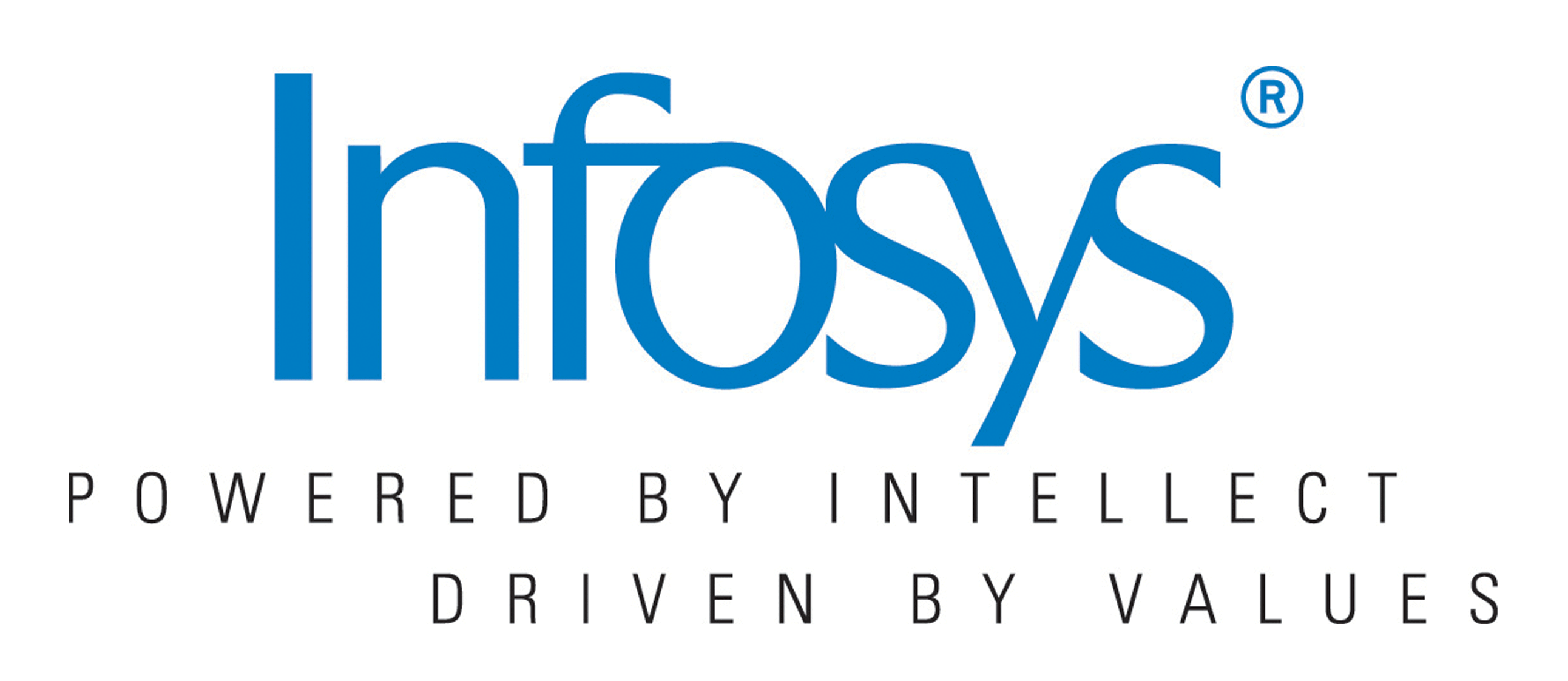
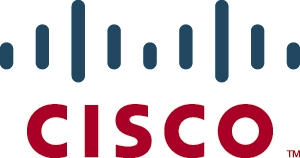










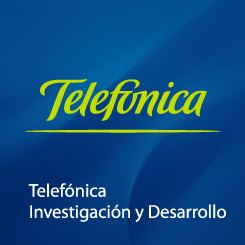


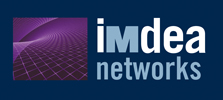



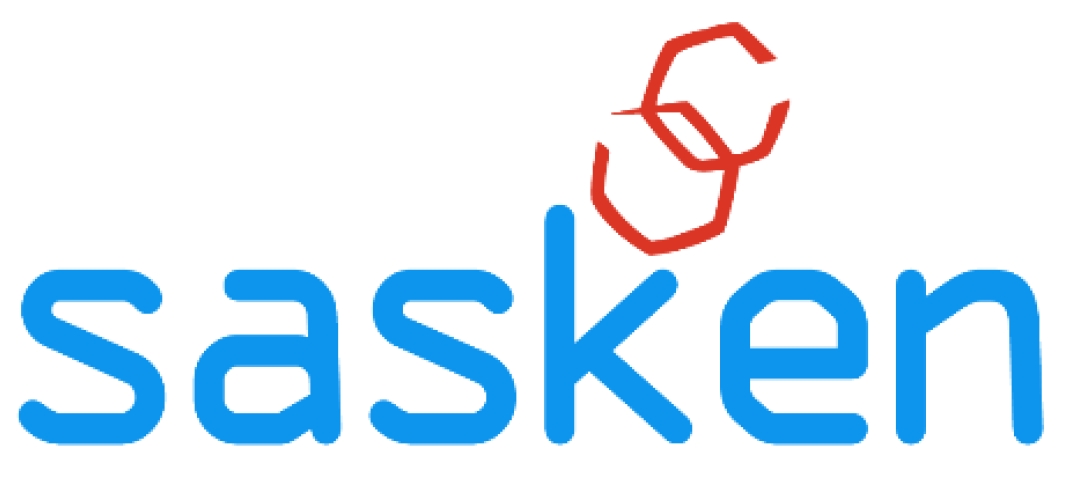

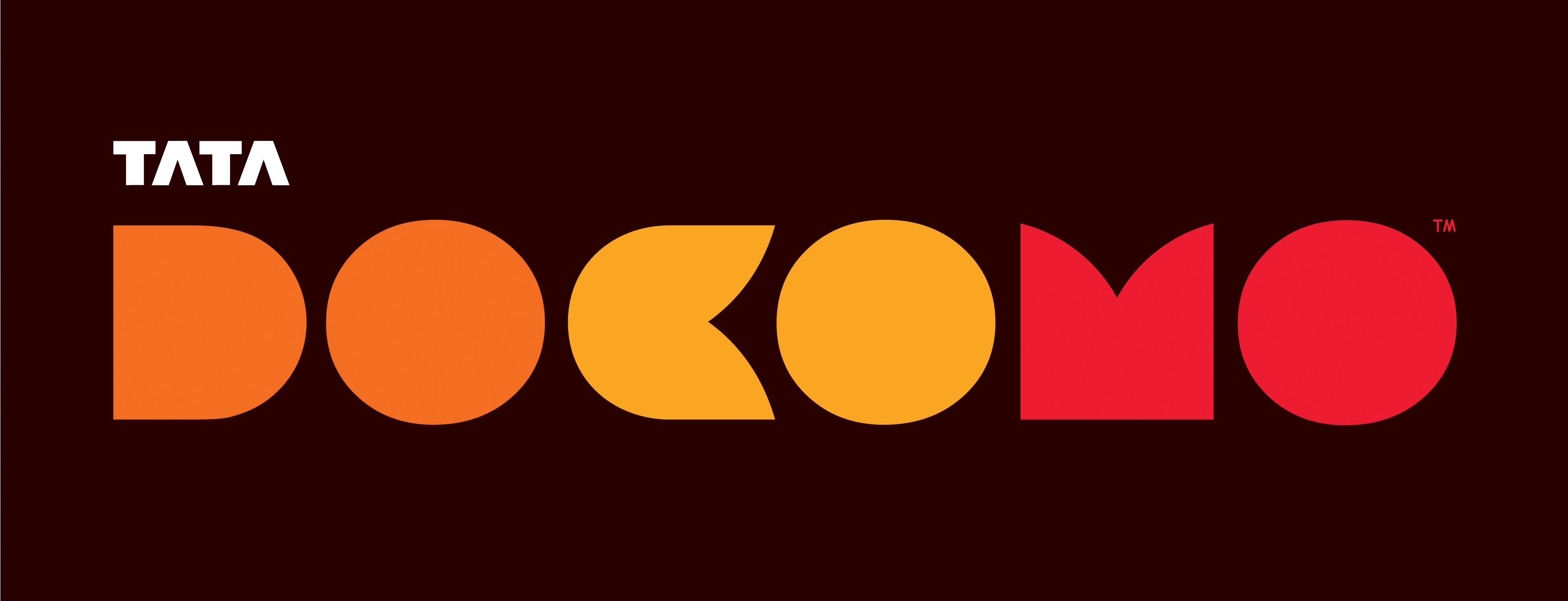


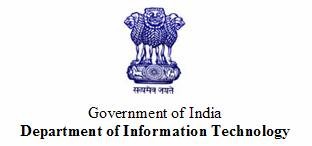




 Hari Balakrishnan is a Professor in the EECS Department and CSAIL at MIT. His research is in the area of networked computer systems, with current projects in vehicular and mobile systems, cross-layer wireless protocols, cloud data management, and Internet architecture. Past projects include RON, Chord and DHT-based systems, the Cricket location system, the Infranet anti-censorship system, robust inter-domain routing, and Internet security mechanisms. He received a Ph.D. in Computer Science from UC Berkeley in 1998 and a B.Tech. from IIT Madras in 1993. He is an ACM Fellow, a Sloan Fellow, and a winner of ACM's doctoral dissertation award. He has co-authored nine award-winning papers including one that won the IEEE Bennett Prize. He recently graduated his 12th PhD student, giving him a proud average of one per year. In 2003, he co-founded StreamBase Systems to commercialize academic research on stream processing, and before that, developed key algorithms for Sandburst's network processing chipsets.
Hari Balakrishnan is a Professor in the EECS Department and CSAIL at MIT. His research is in the area of networked computer systems, with current projects in vehicular and mobile systems, cross-layer wireless protocols, cloud data management, and Internet architecture. Past projects include RON, Chord and DHT-based systems, the Cricket location system, the Infranet anti-censorship system, robust inter-domain routing, and Internet security mechanisms. He received a Ph.D. in Computer Science from UC Berkeley in 1998 and a B.Tech. from IIT Madras in 1993. He is an ACM Fellow, a Sloan Fellow, and a winner of ACM's doctoral dissertation award. He has co-authored nine award-winning papers including one that won the IEEE Bennett Prize. He recently graduated his 12th PhD student, giving him a proud average of one per year. In 2003, he co-founded StreamBase Systems to commercialize academic research on stream processing, and before that, developed key algorithms for Sandburst's network processing chipsets.
 Steven Hand is the University of Cambridge Reader in Computer Systems, a member of the Systems Research Group in the Computer Laboratory, and a Fellow of Wolfson College. His interests lie in the areas of operating systems, networking, distributed storage, concurrency, security, and computer architecture. He was one of the originators of the Xen hypervisor, and co-founded XenSource, a venture-funded start-up company which was purchased by Citrix Systems in 2007 for $500M, and now holds the position of Senior Architect at Citrix Systems R&D. His ongoing research is looking at building fault-tolerant virtual machines by using lock-step techniques, and considering means by which these techniques can be efficiently extended to support multi-core operating systems. Other ongoing work is also in the multi-core area, but with a focus on speculation as a technique to improve performance. Finally, he is interested in global distributed computing, particularly scheduling and placement for cloud scenarios, and edge-based solutions for social and economic interactions.
Steven Hand is the University of Cambridge Reader in Computer Systems, a member of the Systems Research Group in the Computer Laboratory, and a Fellow of Wolfson College. His interests lie in the areas of operating systems, networking, distributed storage, concurrency, security, and computer architecture. He was one of the originators of the Xen hypervisor, and co-founded XenSource, a venture-funded start-up company which was purchased by Citrix Systems in 2007 for $500M, and now holds the position of Senior Architect at Citrix Systems R&D. His ongoing research is looking at building fault-tolerant virtual machines by using lock-step techniques, and considering means by which these techniques can be efficiently extended to support multi-core operating systems. Other ongoing work is also in the multi-core area, but with a focus on speculation as a technique to improve performance. Finally, he is interested in global distributed computing, particularly scheduling and placement for cloud scenarios, and edge-based solutions for social and economic interactions.